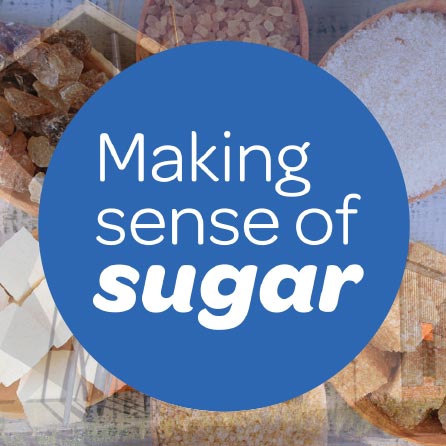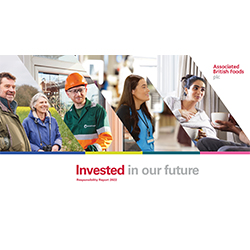22 January 2018
Placing energy generation and efficiency at the heart of our business
Objective
Responsible use and creation of renewable energy is a key focus for AB Sugar every year, as it looks to create value for local communities and use resources responsibly. During 2017 this focus continued, with particular emphasis on managing our greenhouse gas emissions across our supply chain.
What we did
All of AB Sugar’s sugar factories, whether in Africa, UK, China or Spain, use combined heat and power technology (CHP) to provide the steam and electricity needed to operate the factories. Our sugar operations use both fossil fuels and renewable energy sources in large and highly efficient boiler systems to generate the required heat and electricity. In marked contrast to conventional power stations where the heat from burning fossil fuel is wasted, we capture that heat and use it for evaporation and other hot processes.
In the UK, British Sugar invested over £15m in an anaerobic digestion (AD) plant at Bury St Edmunds, Suffolk. It became operational in summer 2016, producing biogas from the pressed sugar beet pulp that is produced alongside the sugar making process. The biogas is fed into a combined heat and power plant (CHP) generating low-carbon electricity with additional heat recovery from the exhaust.
The plant is expected to use around 97,500 tonnes of pressed sugar beet pulp per year and export renewable electricity to the national grid, making a contribution to the UK’s renewable energy targets under the Renewable Energy Directive. The plant not only supports our energy initiatives but also drives our downstream strategy to create a resource-based supply chain and extend our impact for all stakeholders.
In Spain, Azucarera is self-sufficient in electricity generation during production campaigns through its cogeneration (CHP) plants. It generates more energy than required at its factories and sells the excess to the National Grid. During the rest of the year, the energy required by its factories is obtained from the National Grid, generated entirely from renewable energy sources.
In South Africa, Illovo’s energy mix is dominated by renewable fuels with 90% of its energy coming from wood or bagasse, which is leftover fibre from sugar cane. Where surplus energy is generated, it is used in additional agricultural operations and, where feasible, is exported to the national grid. An example of this in practice is in Swaziland.
Results
As a result of AB Sugar’s CHP plants, around 80% of the energy in the fuels is extracted and put to use in its factories, compared with standard power stations, which tend to extract around 40% of energy.
Over the past 12 months, our sugar businesses have:
- exported 842GWh of energy to their national power networks for use by others;
- sourced 58% of their energy consumption from renewable fuels.
Vivergo Fuels, our bioethanol manufacturing plant in Hull, UK, converts surplus non-food-grade feed wheat into bioethanol and animal feed. It has the capacity to produce up to 420 million litres of bioethanol for UK and European markets. When blended with conventional petrol, this reduces GHG emissions equivalent to taking 180,000 cars off the road.













